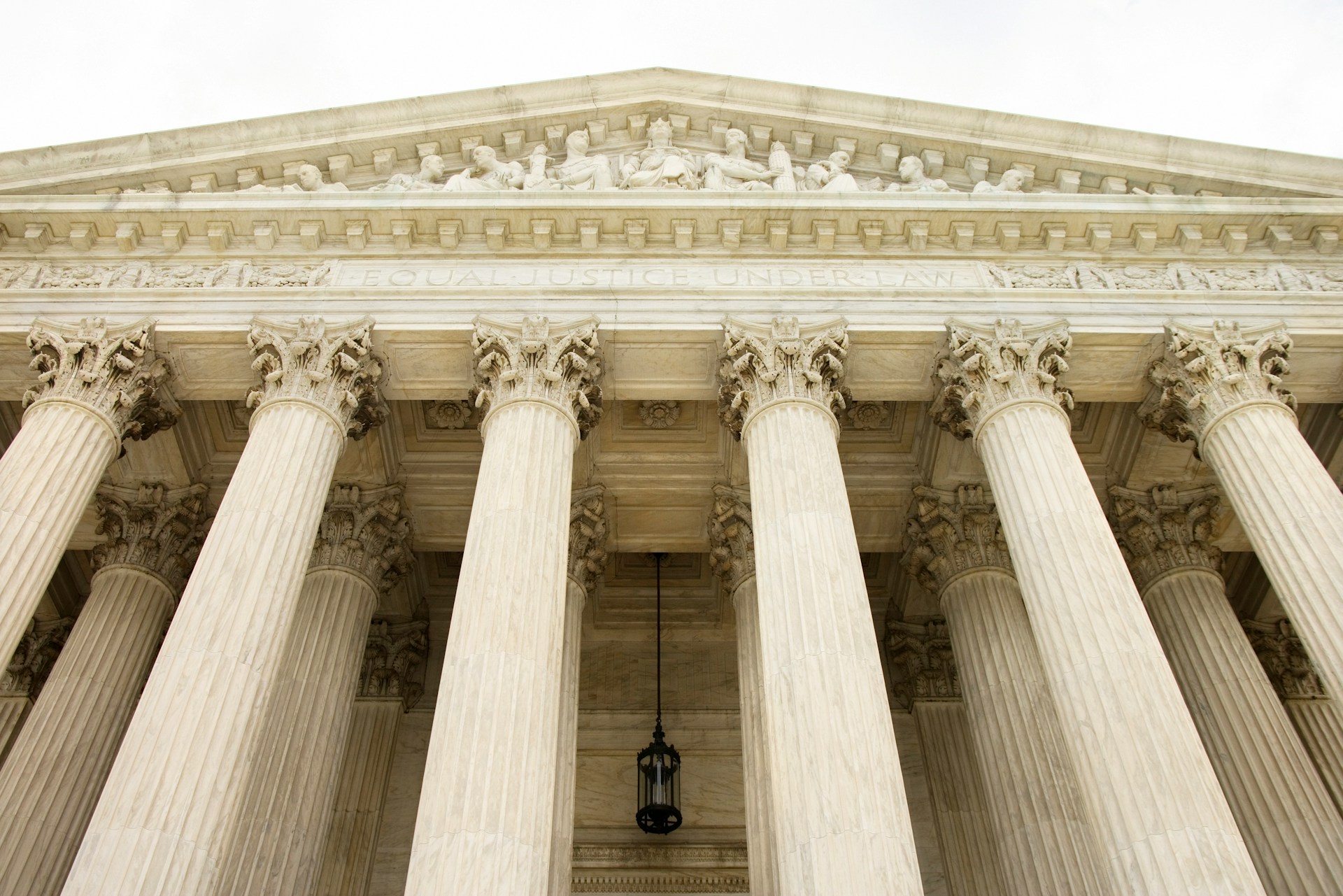The Trump administration has asked the U.S. Supreme Court to intervene in its escalating clash over foreign aid, seeking to halt payments blocked under an executive order earlier this year. The appeal challenges an injunction that compels the government to release roughly US $12 billion in funding before the close of the fiscal year, money the White House insists it has the constitutional authority to withhold.
The Justice Department argues that decisions on foreign aid allocation fall squarely within the president’s remit and that private organisations, which had sought the injunction, lack legal standing to enforce congressional spending directives. The administration has framed the matter as not merely financial but constitutional, warning that judicial overreach risks eroding executive control over foreign policy.
Lower courts, however, have been divided. While a district judge sided with the challengers in ordering aid disbursal, a D.C. Circuit panel later suggested that oversight of the freeze rests with the Government Accountability Office, not private litigants. The Supreme Court is now being asked to resolve these competing rulings and determine the boundaries of executive discretion in managing appropriated funds.
The case crystallises a long-running tension in U.S. governance: Congress’s power of the purse set against the president’s authority to direct foreign policy. A ruling in Trump’s favour could significantly expand executive latitude over federal spending, while a rejection would reaffirm judicial and legislative checks on presidential control. For legal scholars and practitioners, the dispute signals a potentially landmark precedent in the evolving balance of powers.


